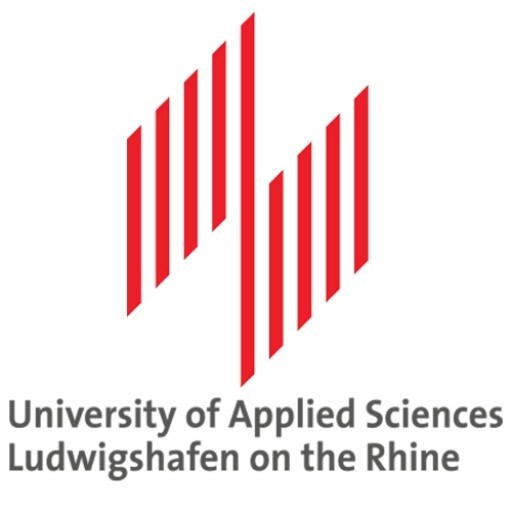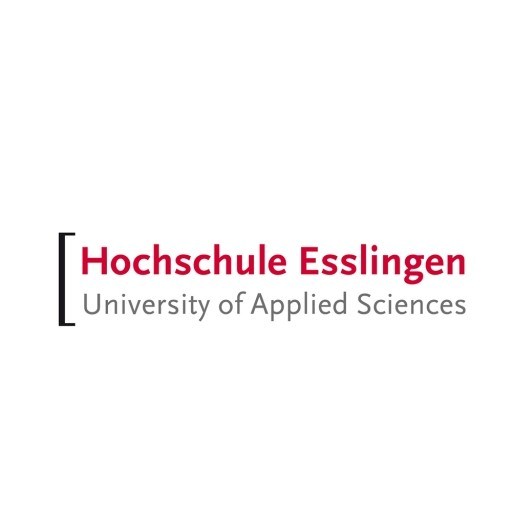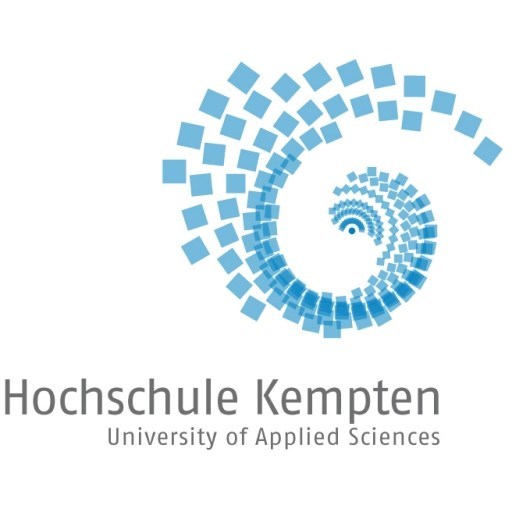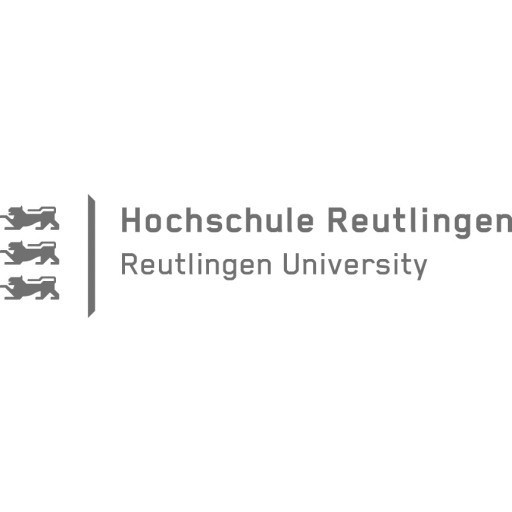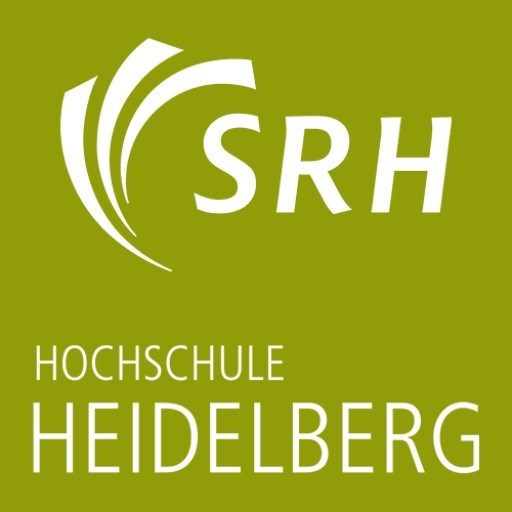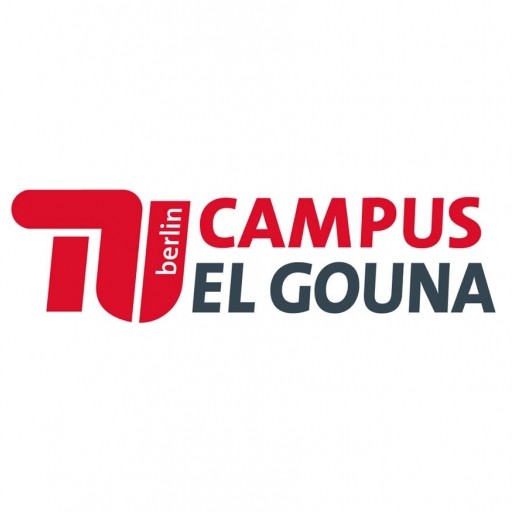Photos of university / #hsb.hochschulebremen
Based on a first degree in management or economics, with at least two years of work experience, the MBA programme Master in Global Management (MGM) provides graduates with deepened analytical and methodological skills related to business issues. They are thus able to promote the internationalisation of companies, to work in international or foreign companies, to behave professionally in international negotiations, and communicate properly.
- Competence to apply cross-cultural management skills in negotiations, marketing, leadership etc., in order to examine and evaluate the complexity of culture within organisations.
- Skills to devise strategies to sustain a company's growth and profitability in international markets, to develop an international and global strategy, and to adjust it to the changes of the environment.
- Improvement of individual communication skills, self-confidence and effectiveness in rhetorical activities, ability to professionally apply presentation, moderation and negotiation techniques. Application of statistical tools and concepts needed in business and modelling as an aid to managerial decision-making.
- Competence to make sound decisions concerning international economic issues, especially with respect to international trade and trade policy. Familiarisation with the fundamental causes of exchange rate fluctuations as well as the key determinants of international capital flows.
- Capability to make decisions about adequate solutions for logistics problems and to implement a global supply chain for a company and manage it. Handling the challenges in using, designing and implementing information systems in companies and understanding the interplay between strategy, organisation and information systems
- Understanding and dealing with major issues in the financial management of international corporations and application of methods used to manage risk in global markets
- Comprehension of the requirements of a well-conceived and -implemented marketing programme for international sales and capability to design a respective concept. Knowledge about the eminent strategic relevance of IHRM for the effectiveness of MNEs
- Knowledge in international business law and the practice of conclusion of contracts and conflict resolution in international commerce; insight into the tax systems and deepened knowledge about taxes most relevant to enterprises involved in international business; ability to assess tax-related advantages and disadvantages of different legal forms, corporate strategies and location factors.
- Competency to understand structural and process-oriented aspects of Project Management and ability to develop and implement process and quality management techniques to create value for globally operating companies.
Educational organisation
Full-time programme organised in block modules.
First semester
- Diversity Management & Ethics
A: Cross-Cultural and Diversity Management
B: Business Ethics
- Global Management
A: Strategic Management & Globalisation
B: Organising International & Global Business
- Research & Communication
A: Quantitative Methods
B: Communication & Presentation
- Global Economics
A: Trade Theory & Policy
B: International Capital Markets and Exchange Rates
- Operations Management, Logistics and MIS
A: Global Logistics and Supply Chain Management
B: Management Information Systems / IT
Second semester
- International Finance and Accounting
A: Global Finance
B: International Accounting
- Management Functions in Global Business
A: Global Marketing
B: International HRM & Individual Career Planning
- International Legal & Tax Framework
A: International Business Law
B: International Taxation Systems
- Project and Quality Management
A: Projects in International Business
B: Process and Quality Management
Electives, with the option of an international study visit
Third semester
Thesis and oral defence
Study abroad unit(s)
International study visit as elective
Internships
A six-month internship is an optional part of the programme. It is very important for foreign students to gain experience in Germany and insights into German management practice. Where possible, students may obtain guidance in finding placements, but German language proficiency is necessary.
Forms of assessment
The programme comprises 10 modules. All modules require one or two assignments, which may be either written exams, oral exams, written presentations or project assignments. Each module is rewarded with 6 ECTS credits.
Course objectives
On the basis of a broad basic knowledge, graduates have acquired:
1) In-depth knowledge of the main fields of management and economics in theory and practice; understanding of the operational functions in international companies and ability to assess and shape the operational, economic and managerial processes and their interactions with the environment. They are able to develop appropriate models independently.
2) In-depth understanding of the economic, political, social and legal environment of international companies
3) In-depth knowledge in selected integrating subjects, which combine as a cross function technical and social aspects and processes. They have deepened skills in coordination, communication, methodology, and leadership.
4) Knowledge in the field of applied, empirical research, and have been introduced to independent scientific working methods and selected methods of inductive and deductive modelling
Graduates have deepened their methodological and analytical skills from their previous studies, particularly through the unity of research and teaching.
Language requirements
Proof of very good level of English shown by certificates (school leaving certificate; TOEFL paper-based: 560; TOEFL iBT: 80, IELTS: 6.0), entrance test or English as language of instruction in previous education
Academic requirements
- An academic, business-related degree (Bachelor's) from an accredited university
- A minimum of two years of work experience
Enrolment fees
A fee of about 290 EUR per semester for the Students' Union, the Student Social Organisation and the semester ticket
Costs of living
Food/meals: approx. 300 EUR/month
Warm food and snacks are least expensive at the university's cafeterias.
Local transport is included in the enrolment fee. Students receive a semester ticket, which is a pass for free access to buses, trams, and regional trains servicing Bremen and the surrounding area.
Academic expenses: about 30 EUR/month
The University Library (with three locations) is free of charge.
Health insurance: approx. 80 EUR/month
Living expenses: approx. 700 EUR/month (including rent)
Job opportunities
Students may be assisted in finding a part-time job to earn extra money. German language skills are necessary for employment.
Arrival support
The International Students' Association (ISA) provides pre-arrival service (support in visa processes) and supports students in all aspects of settling into their new environment.
Services and support for international students
Living and studying in another country is both exciting and interesting, but at the same time it also necessitates organisational and administrative work. Our international applicants and students do not need to worry about this. Our Student Service (ISA) looks after them right from the start and answers all questions with regard to their planned study visit in Bremen beforehand. The international student assistance (isa@hs-bremen.de) takes on the task of finding accommodation, gives support with visa applications, clarifies insurance queries and helps students in their dealings with authorities both at home and abroad. This service is available to students free of charge. Furthermore, ISA allocates tutors to students and regularly organises excursions and events during their period of study in Bremen.
Accommodation
The International Student Assistance (isa@hs-bremen.de) takes on the task of finding accommodation.This service is available to students free of charge. The applicants have also access to an online database where they can choose from various options for accommodation. Most students live in rented rooms or apartments which must be rented for at least six months. The rent for a single room is approx. 350 EUR.

